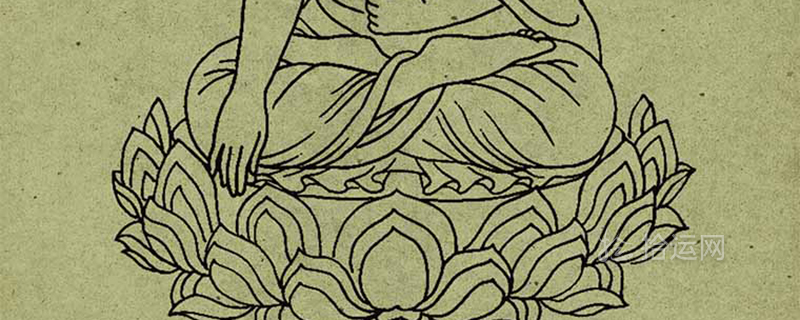The customs, meaning and origin of the New Year’s Day
New Year’s Day is a relatively important festival in our country, it represents the Gregorian calendar The first day of the new year, the festival time is on January 1 of the Gregorian calendar every year.The New Year’s Day represents the customary meaning of the beginning of the year and the beginning of the day, and it originated from the establishment of the government during the Republic of China.

Origin of New Year’s Day
The term "New Year’s Day" is a Chinese "native product" and has been used for more than 4,000 years in the Chinese lunar calendar, but the current Gregorian calendar "New Year’s Day" was set in 1949.Chinese New Year’s Day always refers to the first day of the first month of the Chinese lunar calendar (lunar calendar, lunar calendar).The calculation method of the first day of the first lunar month was also very inconsistent before the period of Emperor Wu of the Han Dynasty.Therefore, the New Year’s Day month and day of the past dynasties are not consistent.The Xia calendar of the Xia Dynasty takes Mengxiyue (January) as the first month, the Yin calendar of the Shang Dynasty takes the twelfth month (December) as the first month, and the Zhou calendar of the Zhou Dynasty takes the winter month (November) as the first month.After Qin Shihuang unified China, the first month of Yangchun (October) was used as the first month, that is, the first day of October was New Year’s Day.
Since Emperor Wu of the Han Dynasty, Mengxiyue (January) was stipulated as the first month, and the first day of Mengxiyue (the first day of the first month of the Xia calendar) was called New Year’s Day, which was used until the end of the Qing Dynasty.In 1911, the Revolution of 1911 led by Sun Yat-sen overthrew the rule of the Qing Dynasty and established the Republic of China.The representatives of the provincial governors held a meeting in Nanjing and decided to use the Gregorian calendar, calling January 1 in the lunar calendar "Spring Festival" and January 1 in the Gregorian calendar as "New Year’s Day".
New Year’s Day symbolizes the meaning of
the beginning of the year
"Yuan" means the beginning, and "Dan" means Tianming.New Year’s Day is the first day of the year, also known as "New Year" and "Gregorian Year".After the success of the 1911 Revolution, Sun Yat-sen set the first day of the first month of the lunar calendar as the Spring Festival, and the first day of the first month of the Western calendar as the New Year in order to "go Xiazheng, so the agricultural time should follow the Western calendar".On September 27, 1949, the First Plenary Session of the Chinese People’s Political Consultative Conference decided:"The People’s Republic of China shall adopt the A.D.Year Law", confirming that New Year’s Day (New Year’s Day) is a legal holiday in my country.New Year’s Day is also celebrated in many countries or regions in the world.statutory holiday.
The beginning of a day
In the minds of ancient Chinese, "Yuan" means the beginning; "Dan" means morning.According to historical records, as a very important festival, in Chinese history, "New Year’s Day" has many titles, such as Yuanri, Yuanzheng, Yuanchen, Kainian, Yuanchun, Shangri, Huasui, etc.It is still called "New Year’s Day", which is the most common and has the longest time."Yuan" in "New Year’s Day" refers to the beginning, which means the first, and the beginning of any number is called "Yuan"; "Dan", a pictograph, the "day" above represents the sun, and the "one" below represents the horizon."Dan" means the sun rises from the horizon on the first day of the new year, symbolizing the beginning of a day.
Folk Customs on New Year’s Day
There are no special customs on New Year’s Day.Now the common law is to organize groups and hold a New Year’s Day party to celebrate.The New Year’s Day in ancient China was the Spring Festival, and it would be celebrated with grand celebrations, but the current New Year’s Day was determined after the Gregorian calendar was adopted, and it is not as important as the Spring Festival in the hearts of Chinese people.Therefore, New Year’s Day and the Spring Festival have become two festivals.At the beginning of New Year’s Day, people would still regard New Year’s Day as a "small year", just as a miniature version of the Spring Festival.Everyone will set off firecrackers, worship ghosts and gods, and have meals with their families on this day, but after two years, it is always troublesome, and there is still a "big New Year" one month after New Year’s Day, so gradually New Year’s Day is not so important..

微信扫码关注
更新实时通知
